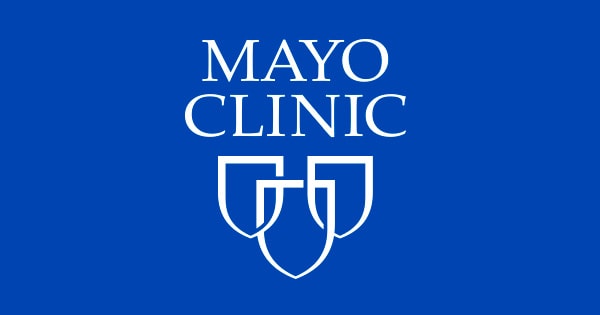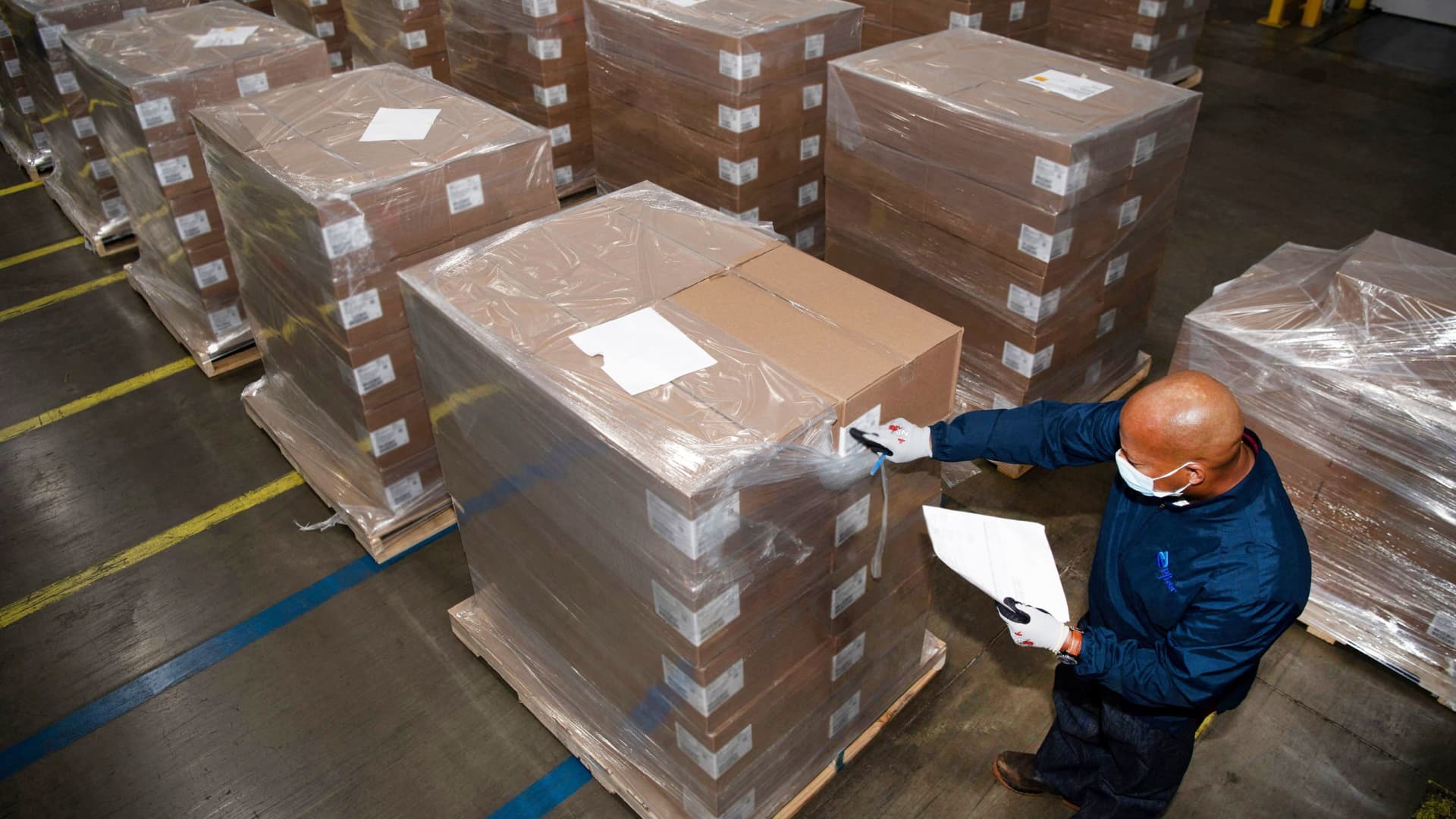It is amazing that people don't want to push both, when we know very well not everyone is going to be vaccinated. Heck, it can even benefit the vaccinated.
Who, and I repeat, *who* isn't pushing for anti-viral medication? I'd like names and citations, please.
The breakthroughs happened but the leaders apparently did not take the leap with the companies until the meds showed promise. This isn't how we handled vaccines. I wish it would have been different. That is all.
Wagering on several promising vaccines was the smart thing to because...
VACCINES WORK BETTER, CHEAPER, LONGER, SAFER THAN MEDS. THEY ARE NOT EQUIVALENT.
Betting on vaccines is not the same as not wanting or **pushing** for meds. It's betting on a process that would preclude even needing the meds... which have to go through lengthy trials, just like the vaccines.
You know that it was the decision of the previous administration to bet on vaccines over meds, right? It was the right choice, to their credit.
It has also been reported that 20 million treatments from the Pfizer pills would keep over 1 million people out of the hospital. It would have been nice to have that supply earlier. Not sure why that it is such a controversial stance. Because it may not help a particular group with particular issues doesn't mean it is not worth having.
Let's talk about anti-viral pills.
If you take them *before* you get the virus to keep the virus from causing illness, then guess what? You have to take them over and over and over and over again. The anti-viral meds don't stay in your body (unlike the antibodies created from a vaccine injection). So, it's not just a million pills. It's several billion pills for years if you want to keep all the anti-vaxxers happy. Go ahead and price that out.
If you take them *after* you get the virus, it better be in the very early stage. Because, if you're at the point you need to be hospitalized, the virus is already winning, and the pill needs to target several hundred million viruses. (Which is something your immune system can do if you had gotten vaccinated). Finding a molecular protein that can shut down the viral scourge and not harm the rest of you is... way way way more difficult to discover than creating a molecular protein that mimics the shape of the virus (but isn't a virus) and then put it into a vaccine in order to jump start your immune system.
Also, if you take them *after* you get the virus, you're giving the virus time to harm your lung and internal organs. Welcome to "long COVID."
At this point, with you hospitalized, gasping for breath, begging for the vaccine and being told it won't help; you are at the mercy of *additional* medications that can keep your immune system from going into an overdrive scorched-earth response to the viruses which are exploding the cells of your lungs and internal organs. And those meds are still experimental and very very very difficult to discover.
Almost all the same companies that have worked on vaccines are also working on anti-viral meds. No one's stopping them. Yes, they didn't get Warp Speed money (the decision of the previous administration), and yet, miraculously, they're still working on them and bringing them to market without a push!!



/cloudfront-us-east-2.images.arcpublishing.com/reuters/2CUCCWIFABNDNEUGV4GYCLGIAY.jpg)

